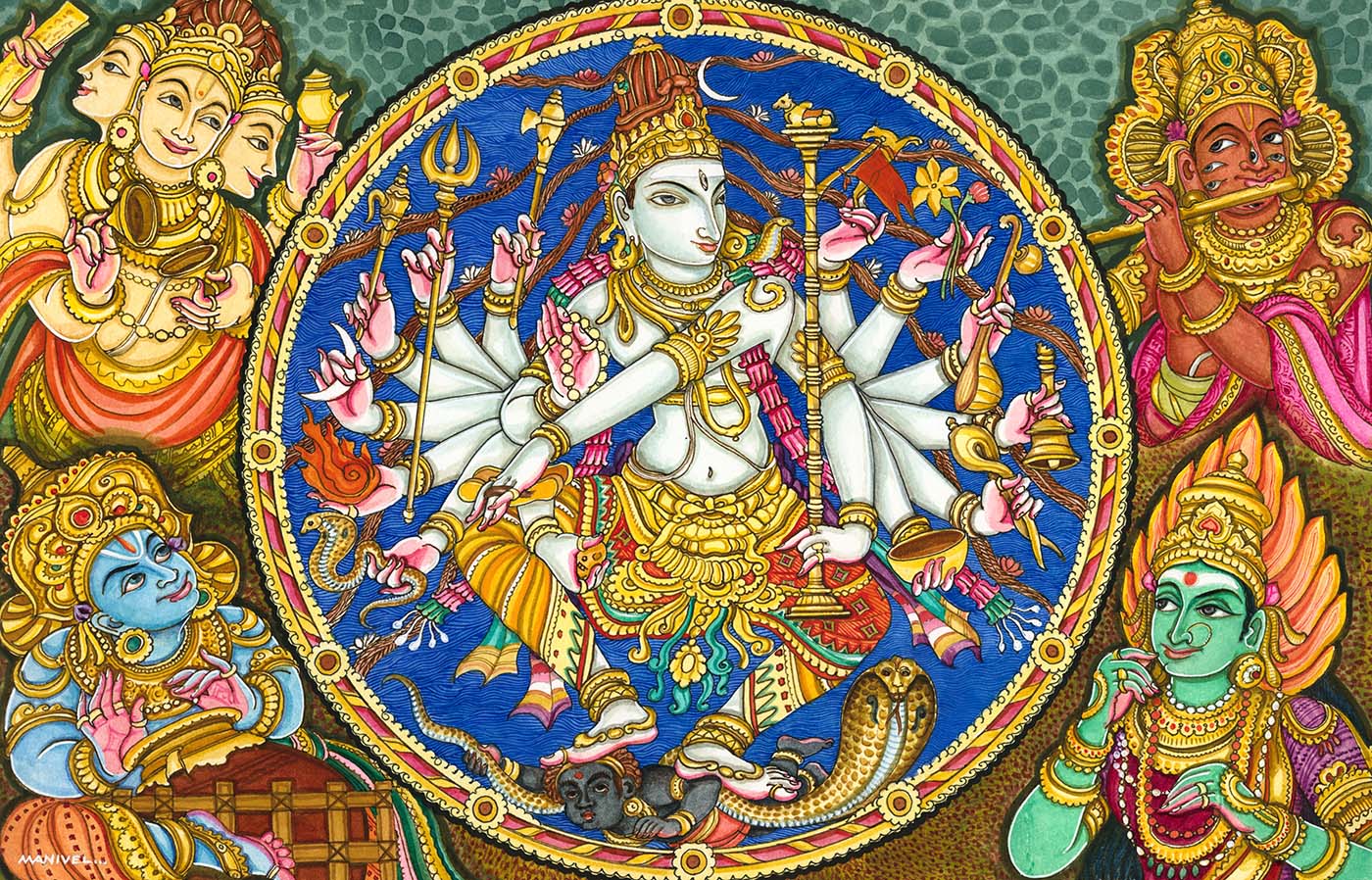prasad1
Active member
In religion, a relic usually consists of the physical remains of a saint or the personal effects of the saint or venerated person preserved for purposes of veneration as a tangible memorial. Relics are an important aspect of some forms of Buddhism, Christianity, Islam, Shamanism, and many other religions. Relic derives from the Latin reliquiae, meaning "remains", and a form of the Latin verb relinquere, to "leave behind, or abandon". A reliquary is a shrine that houses one or more religious relics.
In Hinduism, relics are less common than in other religions since the physical remains of most saints are cremated. The veneration of corporal relics may have originated with the śramaṇa movement or the appearance of Buddhism, and burial practices became more common after the Muslim invasions.
One prominent example is the preserved body of Swami Ramanuja in a separate shrine inside Sri Rangam Temple.
Similarly, Ramana Maharishi's body after his mahanirvana was enshrined in his ashram in Tiruvannamalai.
Of course, now we have Temples for Sai Baba.
I can understand that the teaching of these great souls maybe important and enlightening, but body parts, that seem superstitious or ignorant.
WHY WHY WHY?
In Hinduism, relics are less common than in other religions since the physical remains of most saints are cremated. The veneration of corporal relics may have originated with the śramaṇa movement or the appearance of Buddhism, and burial practices became more common after the Muslim invasions.
One prominent example is the preserved body of Swami Ramanuja in a separate shrine inside Sri Rangam Temple.
Similarly, Ramana Maharishi's body after his mahanirvana was enshrined in his ashram in Tiruvannamalai.
Of course, now we have Temples for Sai Baba.
I can understand that the teaching of these great souls maybe important and enlightening, but body parts, that seem superstitious or ignorant.
WHY WHY WHY?


